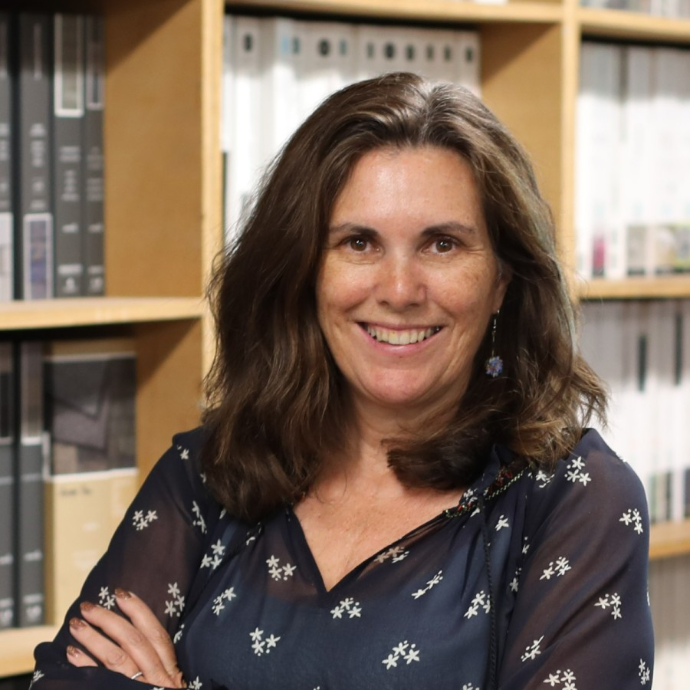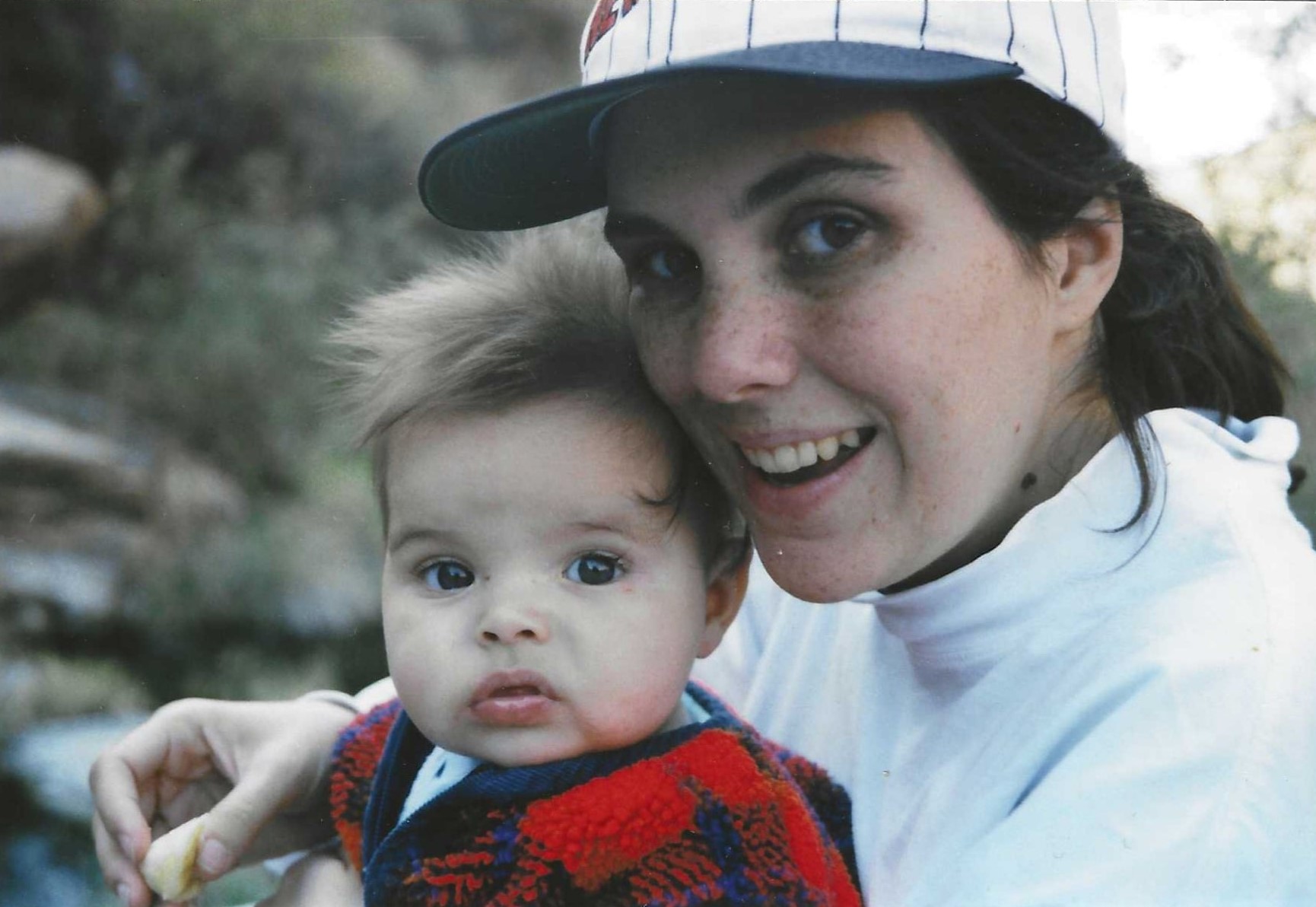This self-reflection is the first of our "Trailblazers 2023" series in which we recognize and honor food systems professionals with 20+ years experience.
Peggy Fogarty - featured Food Systems Practitioner
We can do better. I'm a perpetual optimist. As a young person, I was overwhelmed by so much going wrong in our world. Negative news about war, the destruction of the rainforests, racism, capitalist impacts on poverty, and environmental harm was consuming me. I didn't want to get sucked into being a warrior; I was determined to focus on positive change.

I committed my time and energy towards something healthy for people, the economy, and the planet. Building a food systems was the answer for me. So, I became an organic farmer in Lancaster County, Pennsylvania, raising a family, living simply, eating healthy, and serving the community as one of the first Community Supported Agriculture (CSA) farms in 1999.
Farmers had so few options to direct market. Consumers had little access to local organic farm products. In the early days, at the beginning of the CSA movement, we delivered everything in our pickup truck. The first radical consumers hosted drop-off sites on their porches. They gathered their neighbors in their living rooms to meet us to share a wacky idea about paying us in advance to grow their vegetables. There I was in my overalls, holding a toddler, sharing this big idea, and convincing them to invest in this movement.
It was a beautiful life as much as it was a struggle. Financially it was a disaster, and we were exhausted from raising a young family, raising seven acres of produce, and doing everything from starting seeds to delivering produce hours away from home. I knew it wasn't sustainable, but I was committed to seeing it become a success. The way forward was to find efficiencies. We had to see fellow farmers as partners rather than competitors. So, I reached out and gathered a group of Amish farmers in our barn on October 2005 and began envisioning a solution. Seven of us formed Lancaster Farm Fresh Cooperative (LFFC) to market and distribute our products. LFFC is now owned by more than 100 farmer members, and employs 200 people in the warehouse, transportation, and administrative staff.

It's mighty powerful to look back and see where we came from and what we built. I evolved, too, professionally as a guide to others. I lead from behind, helping communities of people clarify their vision, identify their leadership, and put structure around a mutual business idea. Often that work takes years, and the relationship I have with these communities is long-standing. But I remain in the shadows as coach, elevating others, advocating, advising, and supporting them to empower themselves and their community. As the vision grows, I find myself working with organizations to develop systems and practices that utilize distribution power and shared decision-making. The goal is to build local, self-reliant, regional, solidarity economies.
I begin work with clients by guiding people to articulate their needs and envision their own solutions. By sitting around the kitchen table, or through conducting key stakeholder interviews, surveys, and focus groups, I help groups of people explore ideas and gain perspective. Those whose lives are directly affected by the issue make informed decisions through a collaborative process. A "power with, not power over" mindset creates space where all people can step fully into their power. At its core, the work involves guiding communities to use participatory governance that engages diverse voices and perspectives without judgment.
I feel privileged to be welcomed into these conversations in spaces where few outsiders enter. I'm not a decision-maker or an expert. Farmers know more about their products and industry than I do, but I am there to guide them to find a way forward together. This has allowed me to work in so many industries including produce, grass-fed meat, small-scale meat processing, eggs, dairy, shellfish, grains, and flowers. Over my career, I have guided the start-up of more than 60 cooperatives and supported more than 200 other collaborative businesses, most of which functioned to re-establish local food systems.
A transformation of consciousness is shifting organizational values, practices, and structure. We are co-creating a collaborative leadership and ownership culture committed to racial equity, social and economic justice, and environmental stewardship. I've learned so much about cooperation through working with the Amish community. They know how to yield to the whole for the benefit of each individual in a way very few can achieve. Interestingly, I'm seeing parallels with the cooperative movement in Black spaces, particularly the Network for Developing Conscious Communities. I hear similar language and sentiment.
This philosophy is based on trusting that each member is creative, thoughtful, accountable, and capable of making important decisions. A collaborative approach invites those most affected by the decisions to participate in making those decisions. Teamwork evokes each person's talent, expertise, and resources which delivers results. Engaging all participants to propose ideas increases ownership and enthusiasm. Innovative solutions can emerge when teams embrace various points of view, and ideas are listened to and respected.
Through food systems work, people and communities are empowered to achieve economic justice, reduce waste, and increase regional self-sufficiency. Through the vision and collaborative efforts of many, we are finding our way to a just, green, and thriving economy. I have been blessed to have worked beside many great leaders. I have witnessed an economy that is better today and can envision an even healthier future. So much has been accomplished, yet we have so much more work to do as we scale up to empower business owners and advance an economy and food system with people, the planet, and economic justice as its foundation. The overall aim is to continually increase our impact.
Top right photo: Peggy Fogarty, 2023
Bottom left photo: Peggy and son, 1997.
Author: Peggy Fogarty | February 15, 2023